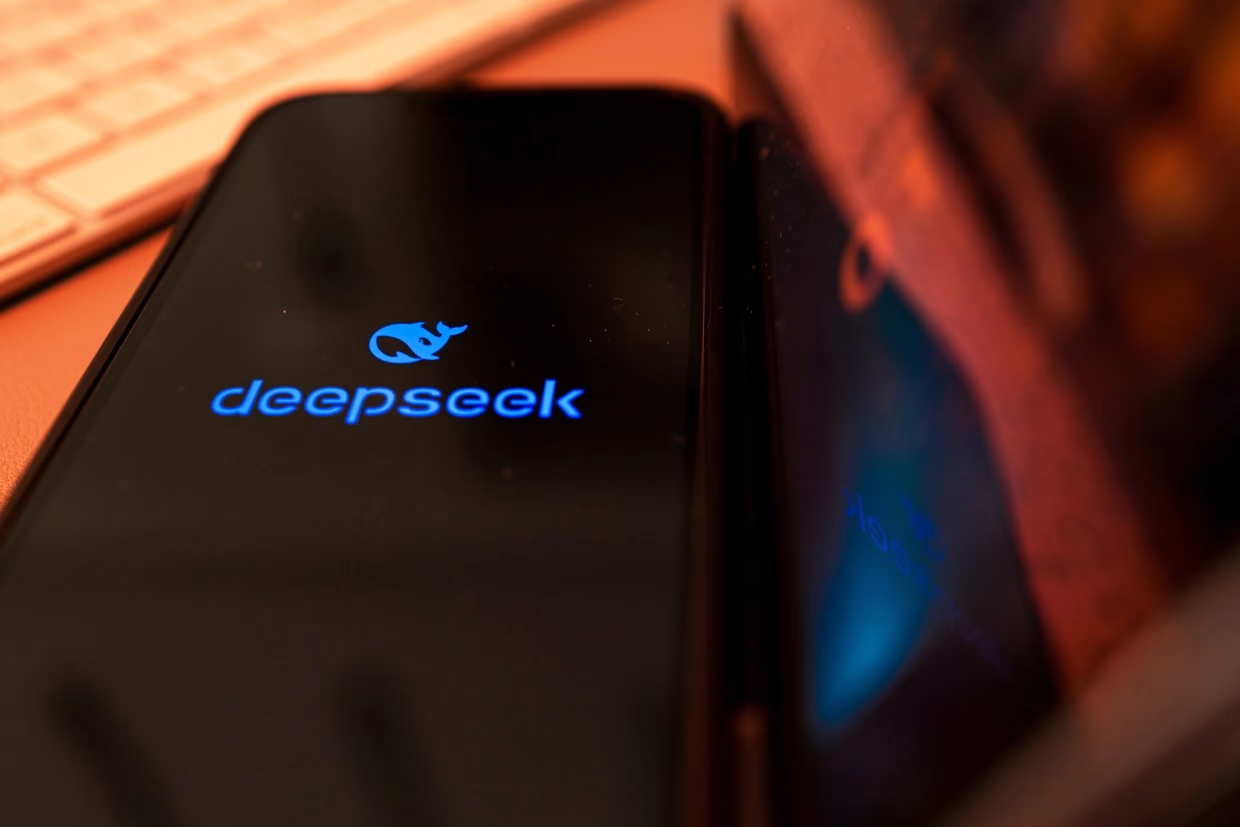Recently, Facebook, owned by the tech giant Meta, took a significant step by deleting several accounts and pages linked to Bangladesh’s ruling party, the Awami League. This action has stirred considerable attention and debate, shedding light on the platform’s policies and the political climate in Bangladesh.
Meta’s Explanation
According to Meta, the decision to remove these accounts and pages was driven by violations of Facebook’s policies regarding inappropriate behavior. The accounts were reportedly engaged in activities that included the dissemination of election-related reports and persistent criticism of the opposition. Such activities were deemed inconsistent with Facebook’s community standards, which aim to foster a safe and respectful environment for all users.
Meta announced that a total of 50 accounts and 98 pages associated with the Awami League were taken down. The company highlighted that these accounts and pages were involved in coordinated efforts that breached their guidelines, particularly concerning the manipulation of public opinion and spreading disinformation.
Context: Political Landscape in Bangladesh
The Awami League, led by Prime Minister Sheikh Hasina, has been a dominant force in Bangladesh’s political landscape. The party secured a significant victory in the January elections, which were marred by controversy and allegations of unfair practices. The opposition parties boycotted the elections, claiming that the process was rigged and not free or fair.
Prime Minister Sheikh Hasina’s victory marked her fourth term in office, a tenure characterized by rapid economic growth but also by increasing concerns over democratic freedoms and human rights. The government’s stance towards dissent and opposition has often been criticized, and the recent action by Facebook adds another layer to the ongoing political narrative.
Implications of Facebook’s Decision
Facebook’s removal of the Awami League’s accounts and pages is a significant move with broad implications:
Censorship vs. Policy Enforcement: The action has sparked a debate on whether this constitutes censorship or a necessary enforcement of platform policies. While some view it as a step towards maintaining the integrity of online discourse, others see it as an overreach by a private company into the political affairs of a sovereign nation.
Impact on Public Opinion: The removal of these accounts may impact public opinion and the flow of information within Bangladesh. The Awami League used these pages and accounts to disseminate information and rally support. Their absence might create a vacuum or shift the dynamics of online political engagement.
Global Precedent: This incident sets a precedent for how social media companies might handle political content and accounts linked to ruling parties worldwide. It underscores the delicate balance platforms must maintain between upholding community standards and respecting political entities’ right to communicate with their constituents.
Broader Concerns: Data Privacy Issues
In a related but broader context, Facebook has faced numerous allegations regarding the misuse of user data. Recent court documents revealed that Facebook had shared users’ private messages with third-party applications, including Netflix, raising serious privacy concerns.
The Allegations:
- Data Sharing with Third Parties: Court documents revealed that Facebook allowed third-party apps access to users’ private messages. This disclosure has alarmed users and privacy advocates, highlighting potential breaches of trust and privacy.
- Historical Context: Facebook has been accused multiple times of mishandling user data. This latest revelation adds to a growing list of concerns about how the platform manages sensitive user information.
Implications for Users:
- Trust and Transparency: These revelations have eroded trust among users, who are increasingly concerned about the privacy and security of their data. Facebook’s repeated controversies in this area underscore the need for greater transparency and stricter data protection measures.
- Regulatory Scrutiny: The incident may invite further regulatory scrutiny from governments and watchdog organizations, prompting calls for more robust data privacy regulations.
The deletion of the Awami League’s accounts by Facebook marks a significant intervention by a social media platform into the political sphere, highlighting the challenges of balancing policy enforcement with political expression. Simultaneously, the ongoing concerns over data privacy and the sharing of user information with third parties continue to cast a shadow over Facebook’s operations, urging the need for more stringent measures to protect user data.
As social media continues to play a pivotal role in shaping political narratives and personal interactions, these incidents underscore the importance of accountability, transparency, and ethical standards in the digital age. The actions of tech giants like Meta will undoubtedly influence the future landscape of digital communication and political engagement.



